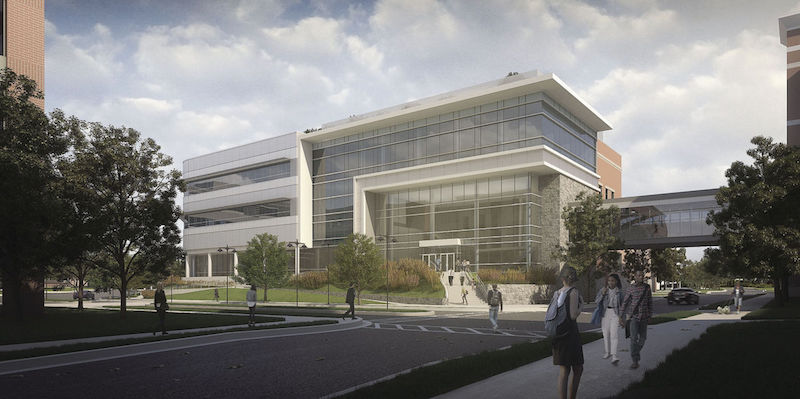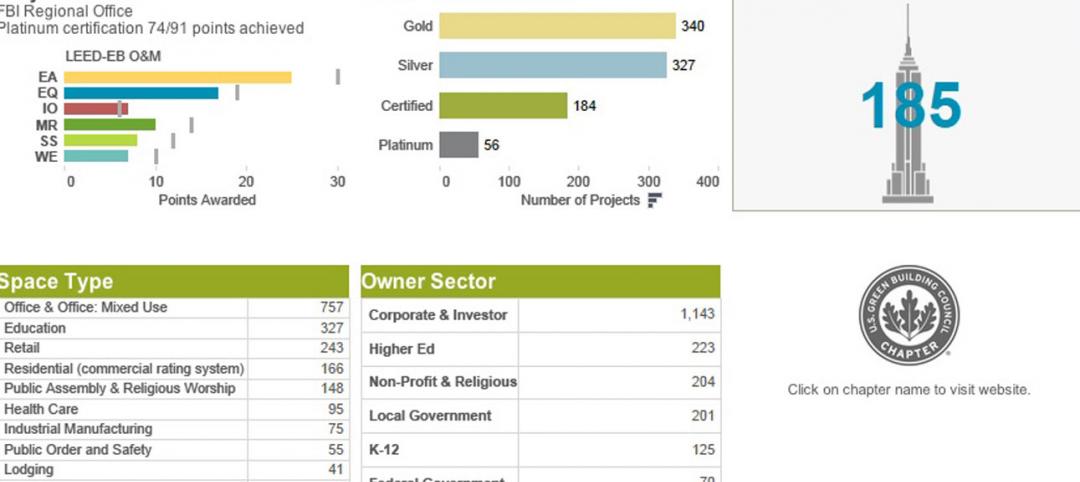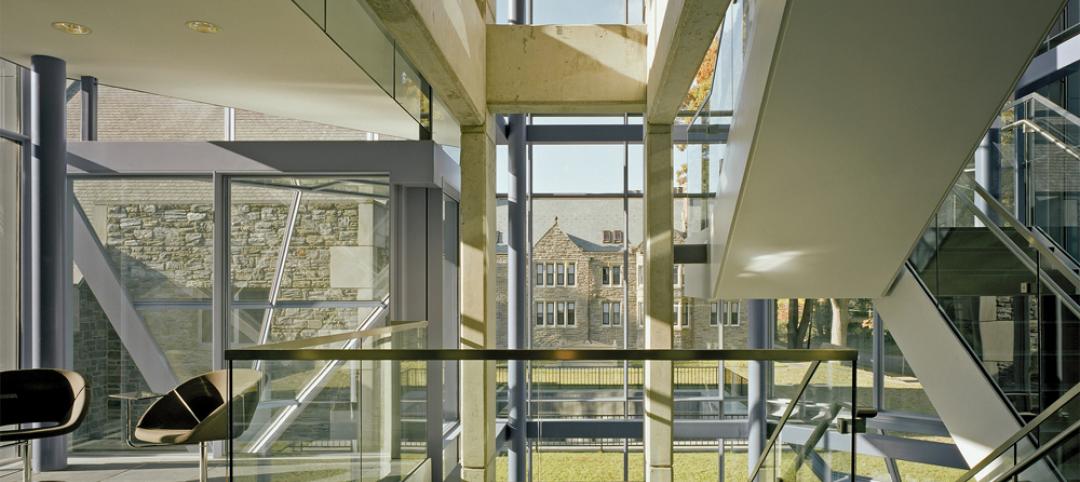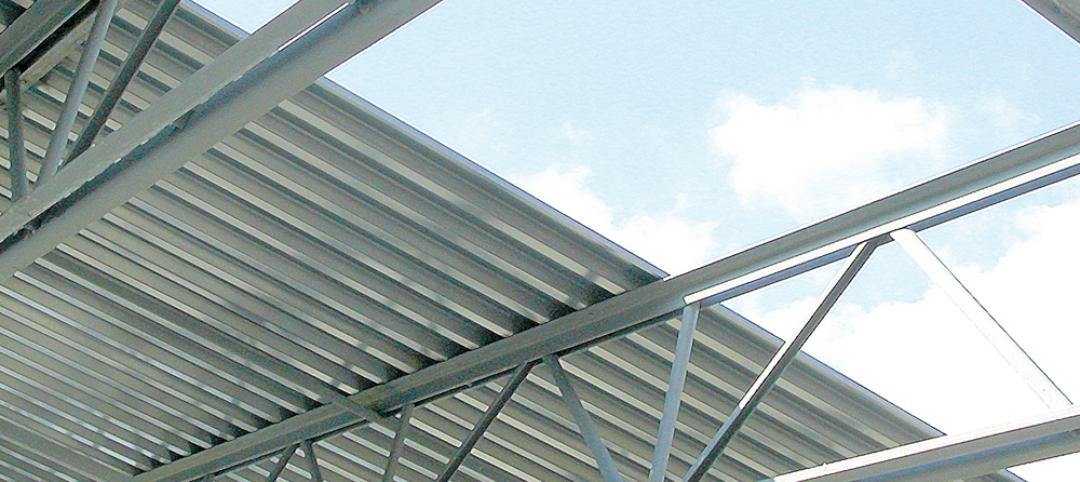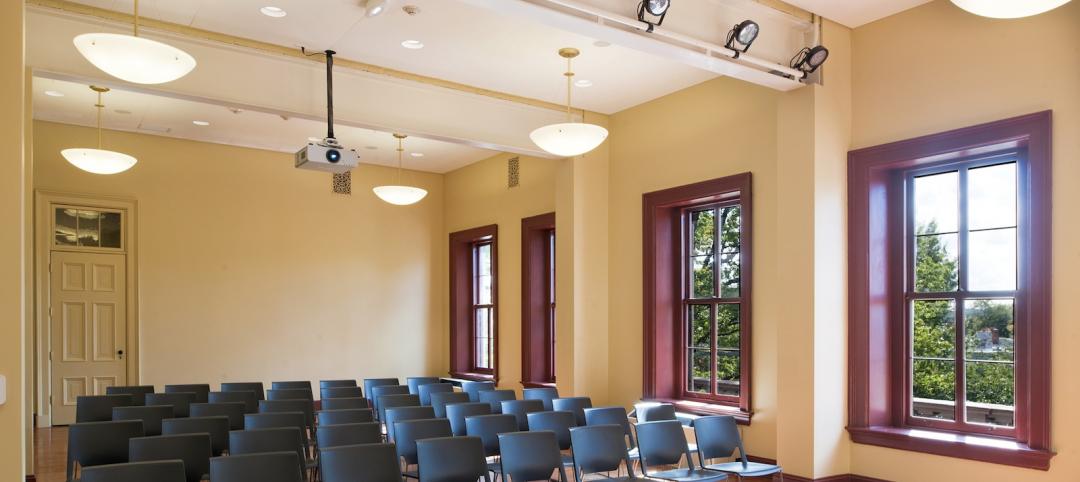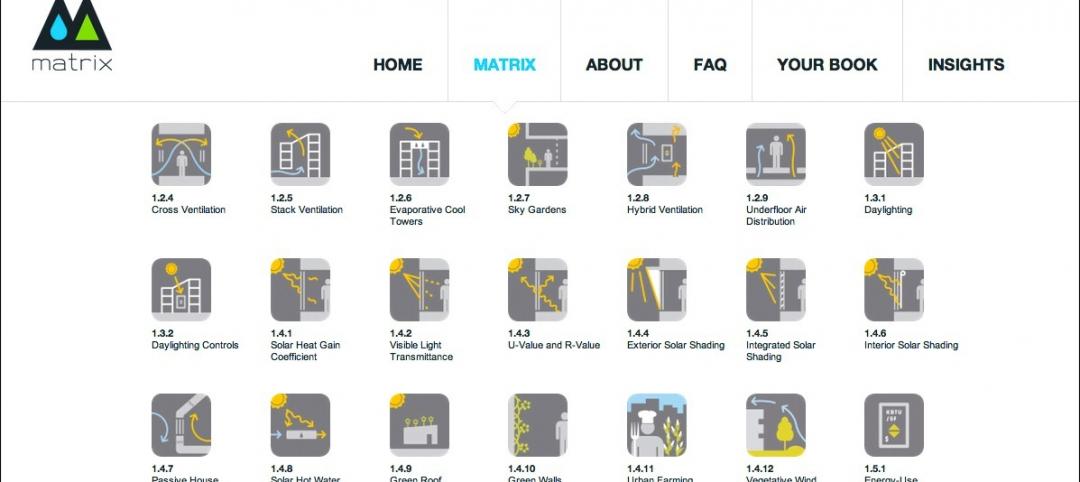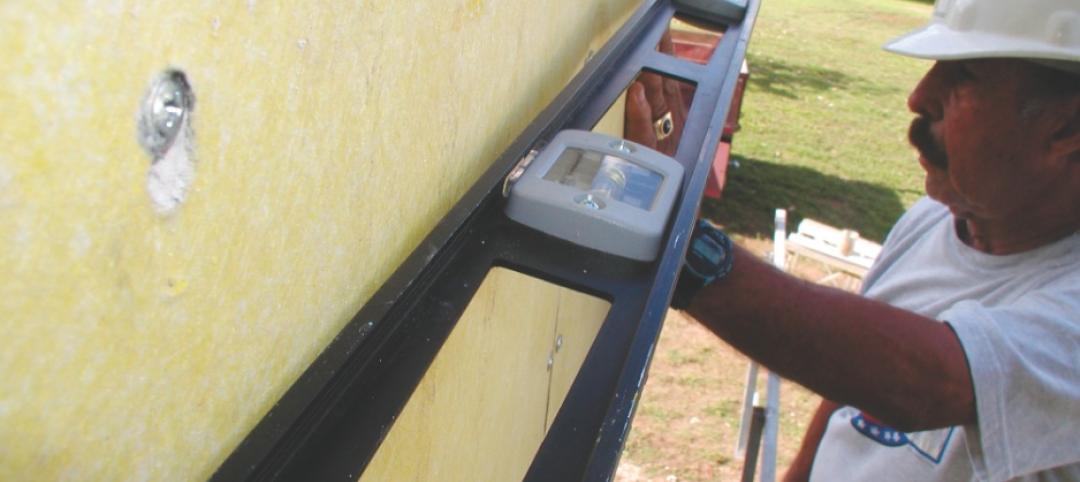Skanska USA will complete the AECOM-designed Virginia Tech Carilion Biomedical Research Addition on the Virginia Tech Carilion Health Sciences and Technology Campus in Roanoke, Va.
The primary focus of the new four-story, 140,000-sf building is to provide state-of-the-art research facilities for enhanced biomedical research programs in five major thematic areas. These areas include body device interfaces, brain health and disorders, cardiovascular science, infection diseases and immunology, and metabolism and obesity.
The new facility will house next-generation core instrumentation facilities including those for molecular, cellular, and whole-body imaging, and powerful computing facilities. Wet laboratories requiring direct ventilation and specialized piped utilities for water and various gases, MRI and CT scanning, high-resolution electron microscopy, necropsy, and pathology will also be included. An atrium and multiple green roofs will bring a touch of nature to the addition.
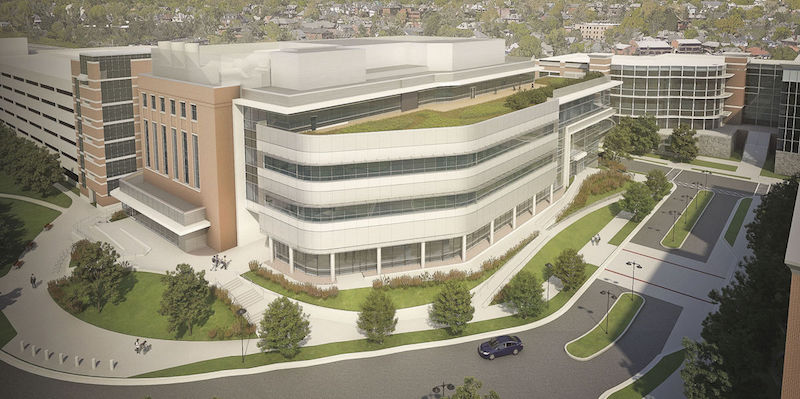 Courtesy of AECOM.
Courtesy of AECOM.
The expansion will connect to the four-story, 152,850-sf Virginia Tech Carilion School of Medicine and Research Institute via an elevated walkway. “The end result of our efforts will be an expansion of the biomedical research they’ve been conducting, greater learning opportunities for students, and expanded business opportunities for a highly-trained technical work force in the region,” says Greg Peele, Executive Vice President and general Manager of Skanska’s building operations in Virginia/North Carolina, in a release.
The facility is slated for completion by February 2020.
Related Stories
| May 1, 2014
Super BIM: 7 award-winning BIM/VDC-driven projects
Thom Mayne's Perot Museum of Nature and Science and Anaheim's new intermodal center are among the 2014 AIA TAP BIM Award winners.
| Apr 29, 2014
USGBC launches real-time green building data dashboard
The online data visualization resource highlights green building data for each state and Washington, D.C.
| Apr 16, 2014
Upgrading windows: repair, refurbish, or retrofit [AIA course]
Building Teams must focus on a number of key decisions in order to arrive at the optimal solution: repair the windows in place, remove and refurbish them, or opt for full replacement.
| Apr 9, 2014
How patient-centered medical homes can help healthcare providers and patients
Beyond reducing the number of uninsured Americans, the Affordable Care Act is driving new types of healthcare facilities, especially patient-centered medical homes.
| Apr 9, 2014
Steel decks: 11 tips for their proper use | BD+C
Building Teams have been using steel decks with proven success for 75 years. Building Design+Construction consulted with technical experts from the Steel Deck Institute and the deck manufacturing industry for their advice on how best to use steel decking.
| Apr 2, 2014
The new model of healthcare facility management
A growing number of healthcare organizations are moving to an integrated real estate model in an effort to better manage costs, respond to regulatory requirements, and support changes in patient care delivery.
| Apr 2, 2014
8 tips for avoiding thermal bridges in window applications
Aligning thermal breaks and applying air barriers are among the top design and installation tricks recommended by building enclosure experts.
| Mar 26, 2014
Callison launches sustainable design tool with 84 proven strategies
Hybrid ventilation, nighttime cooling, and fuel cell technology are among the dozens of sustainable design techniques profiled by Callison on its new website, Matrix.Callison.com.
Sponsored | | Mar 25, 2014
Johns Hopkins chooses SLENDERWALL for a critical medical facility reconstruction
After decades of wear, the hand-laid brick envelope of the Johns Hopkins nine-story Nelson/Harvey inpatient facility began failing. SLENDERWALL met the requirements for renovation.
| Mar 20, 2014
Common EIFS failures, and how to prevent them
Poor workmanship, impact damage, building movement, and incompatible or unsound substrate are among the major culprits of EIFS problems.


